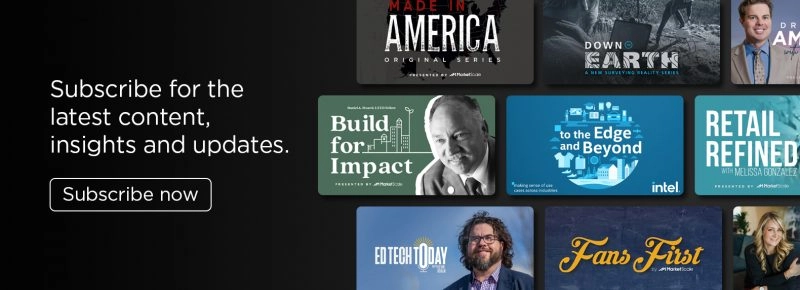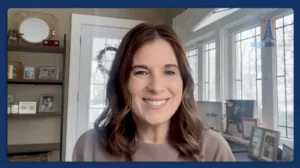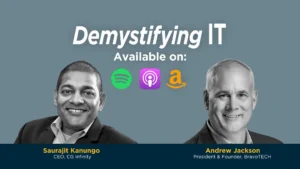Power Grids and Fracking: How The U.S. Manages its Energy
The Energy Exchange explores the complex and critical intersection of energy, money and technology. Experts will use their insights and forecasts to outline what energy is available to us, the costs associated with that energy production and its use, and the technological innovations changing the way we utilize Earth’s resources to power our way of life.
The energy grid in the United States faced a daunting year, as California and Texas faced blackouts due to weather and other extreme situations. Energy professionals now must examine how to improve the grid systems.
On this episode of The Energy Exchange, Host David Hidinger talks with Dr. Joshua Rhodes of The Webber Energy Group University of Texas at Austin. The duo talked about the energy grid and the role fracking has played in the United States shifting to a major exporter. Rhodes’ research at The Webber Group, which “is a research group in the Mechanical Engineering Department at UT Austin that addresses critical energy and environmental issues at the intersection of engineering, policy, and commercialization,” focuses on smart grids and bulk electricity systems.
Rhodes’s interest in grids started when he worked in construction in Colorado. He connected the dots that all our energy systems are symbiotic, and an issue with the water supply can impact the electric grid. A simple conversation with an electrician about a water issue caused a problem with wind turbines.
“It was the first time a constraint in one sector led to a constraint in another that was kinda brought to my attention,” he said. “I can’t believe a water issue is becoming an electricity issue.”
This thought made him connect the dots between the infrastructure system. With this information in tow, he headed back south to Texas and landed at The Webber Energy Group in Austin.
The duo also talked about fracking, which saw a boom in 2011. This led to the United States becoming a net exporter of petroleum for the first time.
“Fracking has really opened up American energy,” Rhodes said. He elaborated that we now export as much as we import. Being “on-net” allows the U.S. to participate more in petroleum policy on the world scene.
Follow us on social media for the latest updates in B2B!
Twitter – @MarketScale
Facebook – facebook.com/marketscale
LinkedIn – linkedin.com/company/marketscale









